You have probably checked your dictionary and could not find the word “petropathetic” anywhere inside. I’ll be honest with you: I made it up. But “petropathetic” is a no-brainer actually: it is the “pathetic” aspect of petroleum wealth. In our discussion last week, I drew attention to how we have been “seriously talking” about finding an alternative to petrodollars since I was a primary school kid — and how, nearly four decades after, we’re still “seriously talking” about it. Indeed, the difference between what oil income contributed to our forex earnings in 1979 and today is negligible. We’re simply stuck. Our national happiness goes up and down with the oil price graph.
This morning, as we discuss more pathologies associated with resource-dependent states — an area several scholars have done extensive work — I would like to highlight one argument that should be of interest to all Nigerians, irrespective of party affiliation or geo-political zone: petrodollar flatters to deceive. Because of the easy flow of oil money into the national treasury, we’ve been deceived into believing Nigeria can afford anything. Very easy. In 1970, before the oil boom, Nigeria earned $200m from oil export. Between 1973, when the boom started, and 1978, we earned about $32bn — an average of $6bn per year. Do the math. There is no way expenditure won’t go haywire.
Let’s look at it this way: if your income was N2m last year and you suddenly start earning N600m, you would go gaga. You are likely to start driving flashy cars and buying gold underwear and diamond toilet paper. Suddenly, your family can no longer spend holidays in Nigeria. They have to travel to Switzerland in April, US in August and Maldives in December. You will suddenly need three nannies and three cooks. You would no longer want to go to Abuja by commercial flights — it is now beneath you. The time has come for you to charter jets for your trips. You will start brushing your teeth with champagne because you suspect the water may be contaminated.
That, I should say, explains how oil boom started destroying Nigeria in 1974. We were told Nigeria’s problem was no longer money “but how to spend it”. Funny as it sounds, but that is actually our problem: we don’t know how to spend windfalls. We think we have too much money. We develop a mental block. To be fair to Gen. Yakubu Gowon, he did a lot of infrastructural projects which endure till today — so I am not going to take anything away from him. However, rather than focus intensely on investing this oil wealth properly so that the economy could be on sound footing, we began to think we could afford to enjoy our lives.
Advertisement
What happened next? Remember the 1974 Udoji awards? We increased workers’ salaries and backdated it. The Yoruba would call it “odun owo” (cash festival). University students started eating free lunch, as it were. They were not even allowed to do their laundry themselves — the government paid for it. We went on an importation spree as the economy became drunk with petrodollars. At an exchange rate of 80k to $1, it was cheaper to import water than to fetch it from your tap. Because our new lifestyles were not financed from economic productivity but from a windfall, it was clearly unsustainable.
In simple English and Mathematics, therefore, if oil prices dropped, we would not be able to afford our new bills. That was what eventually happened. Oil prices dropped. Trouble started. We had doubled and tripled and quadrupled our bills because of the flood of petrodollars. Rather than invest the oil windfall to fortify and diversify our economy, we had resorted to reckless consumption. We started to eat and drink, and rose up to play. You see, petrodollar flatters to deceive. It creates a false sense of security. It is booby trap. The windfall led to our downfall in the 1980s, beginning specifically from 1982 at the time of a global financial crisis.
The sustained fall in oil prices sent Nigeria upside down. Many projects were abandoned. Workers were owed salaries. Retrenchment was the in-thing in the private sector as the forex squeeze meant factories could not even import raw materials. “No Vacancy” was a common site in those days. We resorted to heavy external borrowing. In 1980, we had external reserves of $10 billion. By 1983 when oil prices were a mess, the reserves were down to just $1 billion as we fought tooth and nail to maintain the exchange rate. It all ended in tears in 1983: the military staged a coup, but we never really got out of the woods.
Advertisement
Has anything changed today? Have we learnt any lessons? Have we changed our ways? I am sad to report that the petropathetic syndrome has even worsened. The return of oil boom in the 2000s, climaxing in an all-time record high of $147 in July 2008, only succeeded in turning us to bigger fools. Since petrodollar flatters to deceive, we started piling up expenditure again. We increased salaries; state civil service got bloated with politically motivated recruitments; the population of political appointees went out of control; lawmakers started padding up their allowances; governors were chartering or buying jets in states where poor people don’t have access to clean water.
Let’s be honest with ourselves: how can a state where cholera is killing its citizens be building airports instead of water plants? Have all the roads in the state been built to enhance economic activities and tackle poverty? How can we be building new stadiums when countries such as Brazil and South Africa that hosted the World Cup are either demolishing theirs or turning them to bus terminals? Is that not a terrible waste? How can we not invest in improving education to enhance the quality of manpower? How can we not invest heavily in the health care system so that the citizens will be healthy and productive? How can jets and airports be priority?
It is simply petropathetic! Because of oil windfall, many states are heavily indebted through bonds and foreign loans that we will be repaying for the next 50 years. It is so easy to go into debt because our political leaders use the oil-based federal allocations as security for loans. For whatever reason, it never dawns on them that we do not fix oil prices. It is a commodity. The prices go up and down. It could be $100 this month and $30 next month. That is why our national happiness is tied to the crude oil graph. If prices are high, the naira is strong and we are happy. Then we are deceived into embarking on wasteful expenditure to be financed from the petrodollars.
As we experience another low in oil income, this offers a great opportunity for our leaders at all levels — federal, state and council — to redraw our fiscal mentality. We need to redefine our expenditure priorities. What expenditure is necessary to stimulate economic growth and development? What expenditure will improve the quality of lives of Nigerians? What expenditure will attract the necessary investments to open up other sectors of the economy? Should we continue to have battalions of special assistants and special advisers? Should we continue to build stadiums and airports instead of roads and hospitals?
Advertisement
I thought this would be a good topic for the 2015 electioneering, but apparently arguments over phony phone calls to the King of Morocco are more important. That is why I suspect that if crude oil prices rise to $100 again, we would be back to our riotous living and senseless spending. So petropathetic!
AND FOUR OTHER THINGS…
TWO WEEKS TO GO!
The all-important presidential election will finally hold in a fortnight! Can you believe that? Six weeks looked like six years a few weeks ago. Despite the controversies, the “Dasuki break” has given INEC an opportunity to prepare better, simulate the accreditation process and decongest its store of millions of PVCs. There are still genuine as well as baseless doubts about the sanctity of the March 28 date, but I strongly believe the elections will hold as rescheduled. And Prof. Attahiru Jega will still be in charge. And either Jonathan or Buhari will win. And Nigeria will not break up. Naive?
DOCU-CRACY
Advertisement
Documentary producers must be smiling to the banks. At no time in our history has there been a flood of electioneering documentaries like 2015. The first one I saw last year was entitled: “Can this man be trusted?” It was on President Goodluck Jonathan for reportedly promising to do only one term if elected in 2011. It was a short one. Then I saw the one alleging Gen. Muhammadu Buhari asked his supporters to kill riggers. It is now one day, one documentary. Almost everyone “has” one: Bola Tinubu, Yemi Osinbajo, Peter Obi, Rotimi Amaechi, Jonathan and his wife. Drama.
‘NIGERIAN FRAUDSTERS’
Advertisement
How sad it was to learn that Cameroonian footballer, Samuel Eto’o, was nearly turned down from buying a wristwatch at a London jewellery sometime ago simply because he was thought to be a Nigerian. Eto’o sees it as racist — because, well, the colour of his skin must have alerted the salesgirl. But the girl, also black, said they had had an experience with some Nigerian fraudsters who presented fake credit cards. My God, this is badly below the belt. The suspicion and scorn that Nigerians suffer abroad because of the activities of a few fraudsters just won’t go away. Stigma.
FIGHT OF THE CENTURY
Advertisement
Is boxing about to get back its mojo? The May 2 unification bout between Floyd Mayweather Jr. and Manny Pacquiao, hyped as the “fight of the century”, would seem to suggest so. Boxing has been less colourful in recent times, but this promises to be something else. It has been in the pipeline for six years. Mayweather is the WBC, WBA and Ring welterweight champion, while Pacquiao holds the WBO title. Mayweather has never lost any of his 47 fights (26 Kos). Pacquiao has won 57 (38 KOs), drawn five and lost two. The payday is worth $300 million. Salivating.
Advertisement
5 comments

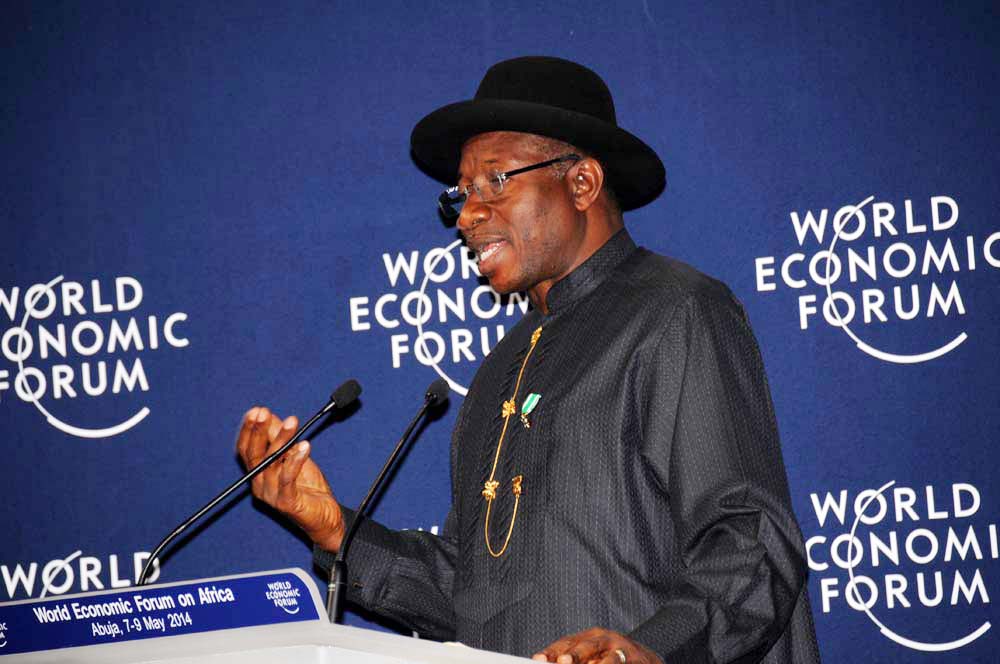
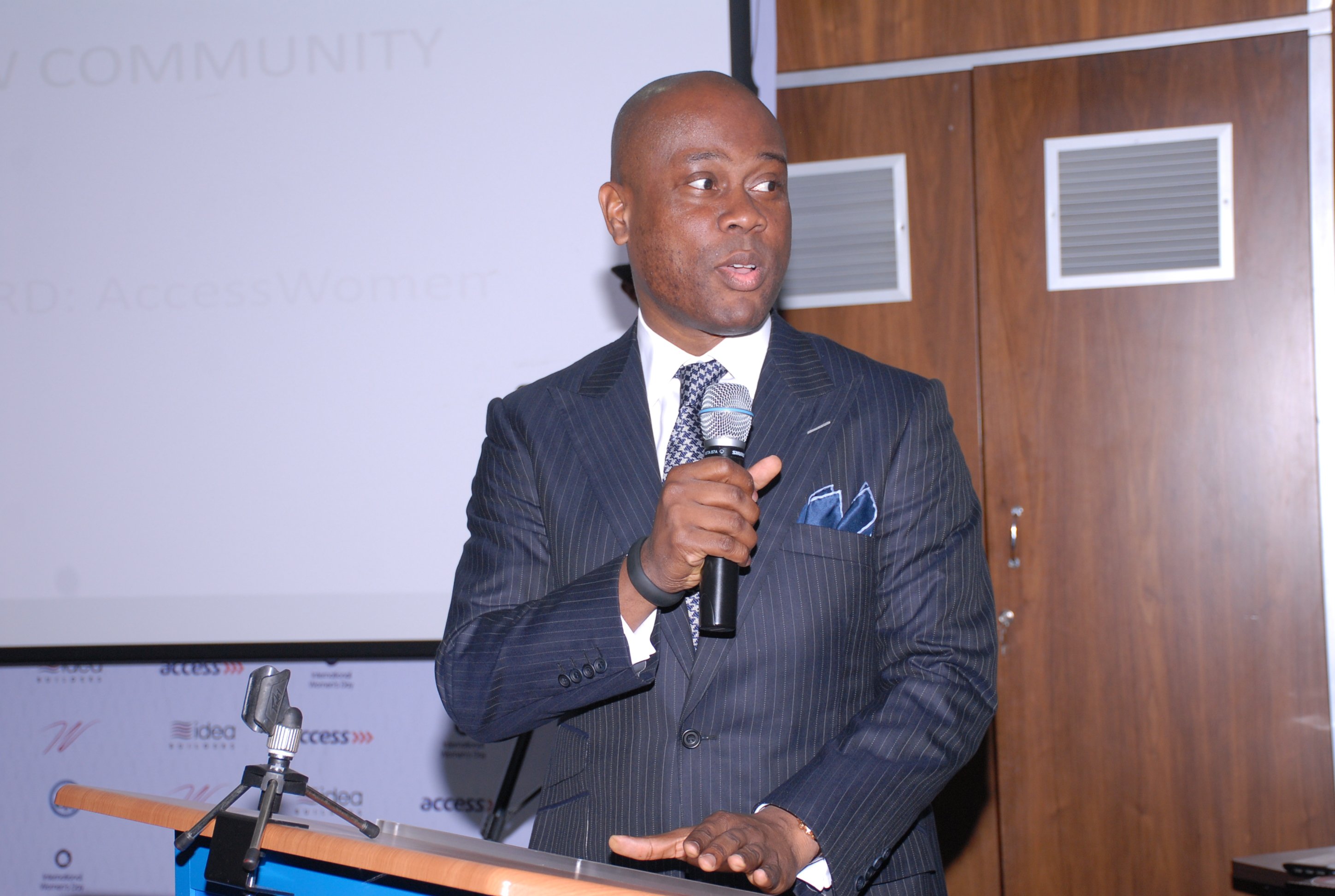
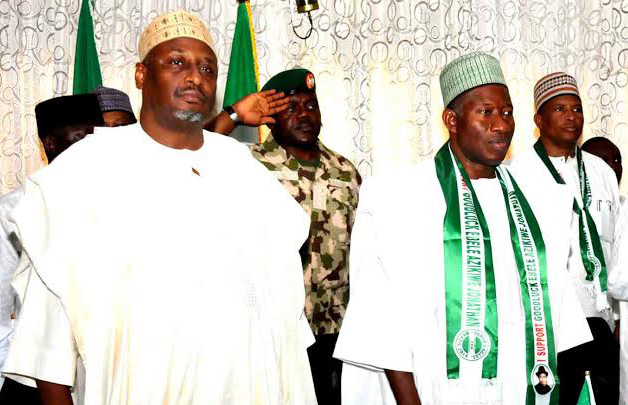
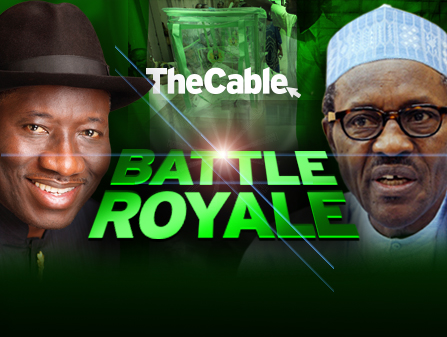
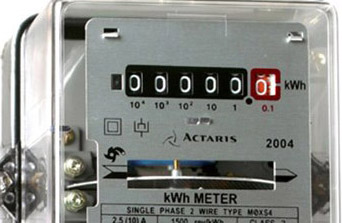
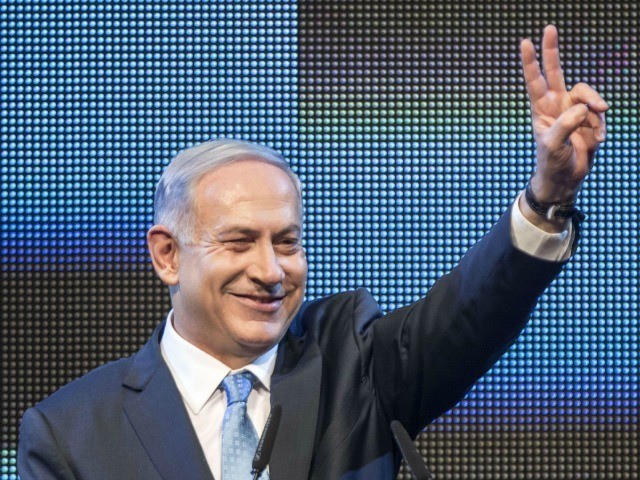
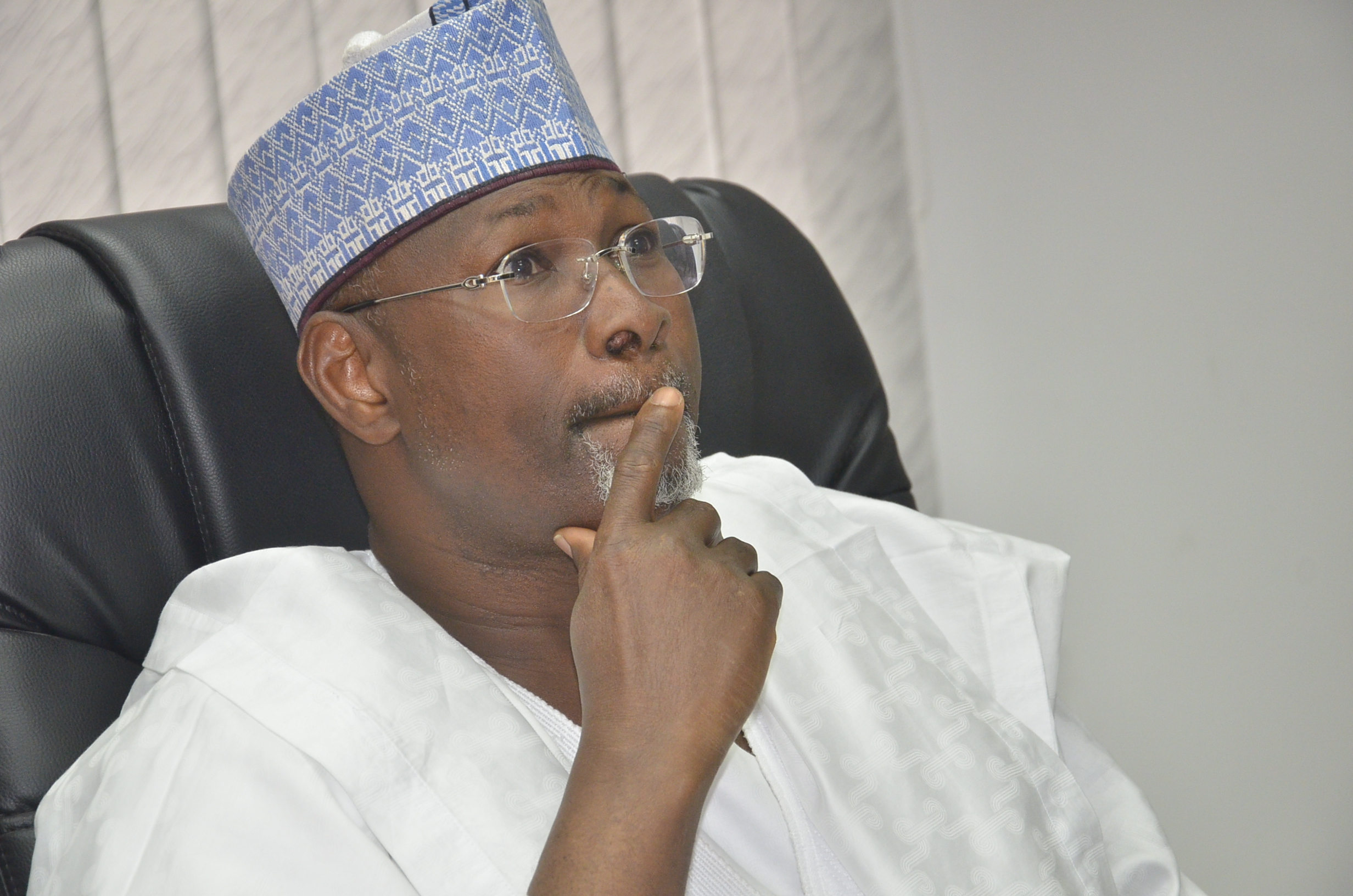
Sad but true story of our country. Is it not time to vote for a frugal leader in Buhari rather than a spendthrift Jonathan? The sitting president has been likened to Gowon and Shagari by his fans!
It is indeed a pathetic situation,most paathetic is even the fact that we have refused to learn and act promptly,both the leaders and the lead. It is nolonger time to pray for Nigeria,it is time to act for Nigeria.Let’s remember,’we did not inherit this land from our ancestors,we borrowed it from our children’.
It’s very true that we are a spendthrift as a nation.
It’s very sad that those we have elected to lead have failed us (and also those who have been thrust on us).
If only there would be less dependence on the oil and more diversification in areas like agriculture especially from the north, I reckon we will have more to be thankful for.
Health care and education should be priority really.
God help Nigeria!
First, I commend the writer for the ingenuity behind “Petropathetic” and would suggest the inclusion of the word in the dictionary if only because of countries like Nigeria – whose head the cap perfectly fits. Furthermore, maybe OPEC should also excommunicate petropathetic nations in their midst as a way of sending strong signals to them that oil is supposed to be a blessing and not a curse to those who have them. Oh God, please take this oil away!
Spot on diagnosis of who we are! However it’s not all that gloom and doom. Development and changes are taking place. We take the express roads network we have now for granted, but pre-1970, it took two and half days to get to Lagos from the East. In the 1970s in the whole of the East Central State and South-South, there was just one university – UNN Nsukka, and one College of Education, Alvan Ikoku in Owerri. In 1975 when I entered Uniben, there were just 9 universities in the country; Compare with over 130 now, many with teaching hospitals. Nigeria reaps a bounty of about $19 billion a year as remittances made by our foreign legion of expert manpower. The media has far expanded beyond WNBC and NTA, and Baba Sala et al have given birth to Nollywood, Alibaba et al. Barclays Bank and a couple other sundry banks have given rise to vibrant indigenous bank brands. Oando them have displaced Mobil and Agip. You name the sector, and if you look closely and critically, you would see that developemnt is taking place.
Nigeria is like many of us when we were growing up and our mamas would wonder aloud whether we would amount to anything because of we were playing too much football, or plain stubborn. But somehow we became a man, to the pride of our mamas and dads. We will get there.